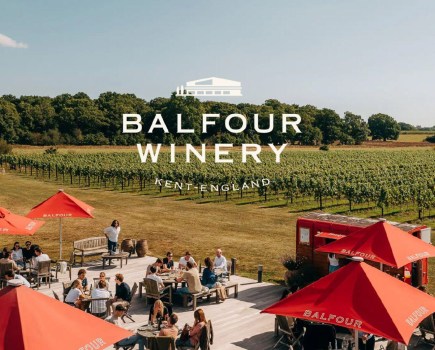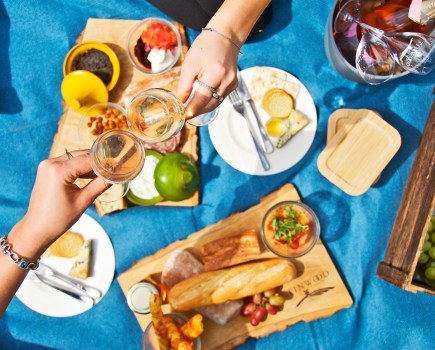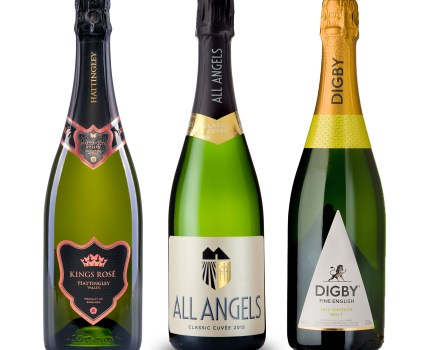When I was approached to see whether Whitehead Monckton would like to contribute to this publication I jumped at the chance. Not only, and forgive me for the pun, it is one of the most exciting growing sectors but we already act for a number of vineyards and the rural team take great pleasure in testing as many of the local and English wines as we can. Over the next few months we will be looking at the stories within the publication and, from that, we will be using the legal knowledge which the team has to assist you and your business moving forward.
So before I go on, I thought it would be a good idea to introduce the team that will be contributing. Janet Goode, is our corporate expert and will be giving advice on every aspect of company and partnership law. Stephen Beck, is our tax and estates expert. He will be able to assist in protecting the welfare of your family and the business as it grows. Vicky Stoodley, is our planning expert. She will be able to give you advice for any planning application, appeal or issue you come across when moving forward with the business. Finally, me – I will be advising on all aspects of land law such as purchases, letting agreements and contractual arrangements with a third party.
This month, we are picking up on label design and in this article we are going to give some advice as to how you can protect your brand which, as you will already know, will be your most important asset. This concept is not new to the wine industry with Champagne having one of the most famous and protected brands in the world.
Protecting your brand is essentially you protecting your intellectual property or IP as it is more commonly know. So, what is IP? Intellectual property is property that includes intangible creations, and primarily encompasses copyrights, patents and trademarks.
There have been many publicised cases as to why IP is so important, particularly for those who wish to look to the market for funders. Funders will not only want to have the confidence in the product, but also that their resources are not going to be wasted on a product or idea which is able to be stolen and used by a competitor before the product has even gone to market.
You should consider ensuring that, when bringing a new product to the market and seeking advice from contractors, investors or suppliers, they sign a non disclosure agreement which can add to the level of protection. However, with everything these are quite complex and we would recommend that you seek legal advice before proceeding down any particular route. To give you some suggestions, we set out below the two of the most common mentions of production which are Tradmarks and Copyright.
Trademarks are normally the first step a business takes to protect their brand. This will give you the exclusive right to use the name and logo in respect of any goods that you have registered this against. Once you have a logo or name that you wish to protect we would always recommend that, before incurring the cost of registration, you search the Trademarks register for similar brands. If there are no other companies that have it registered then you may proceed. There are several advantages for registering a Trademark, the most applicable being that the mark will become a matter of public record in searches conducted by others and will act as a deterrent for any other person registering identical or similar logos or names. This can be a great asset for your advertising campaign.
Copyright is normally associated with the arts, with music being a great example of this. However, you can use this as additional protection for your business as it protects the idea. You do not have to register the right as it exists automatically and you will be able to enforce it, provided you have proof of having first produced the idea. This is never an easy form of argument, therefore it is important that you keep a good record of all of the work carried out in creating the concept. The copyright will belong to the owner or the individual who has prepared the work. Please note that if the work was undertaken as an employee or as part of a company instruction then the copyright would belong to the company. In order to protect and take any action, should an infringement incur, you will need to ensure that you keep records of all the work you have undertaken in relation to the creation.
These are not the only ways in which your IP can be protected but this gives you a taste as to what is available. If you require any further assistance then please call.



